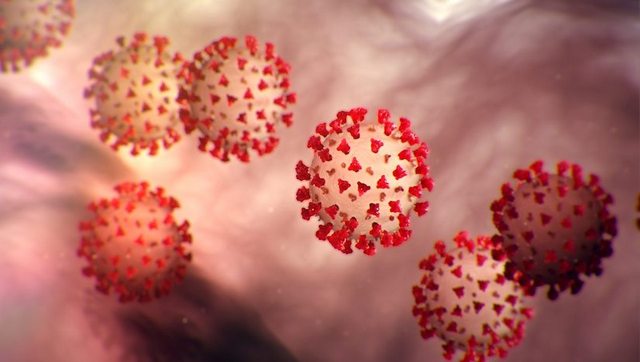Recently, a few countries have made claims regarding the successful development of a vaccine against COVID-19. However, one is not yet available for the use of the general population. Meanwhile, to tackle the COVID-19 disease, scientists have been repurposing various drugs such as remdesivir, hydroxychloroquine and ivermectin. Apart from that, plasma therapy is also being given to severely ill patients. Amid all these, scientists from the University of Washington, the Institut Pasteur in Paris and Vir Biotechnology in Switzerland have found an ultrapotent cocktail of human antibodies which can be used as an antiviral therapy against the SARS-CoV-2 virus. Monoclonal antibodies against COVID-19 Previously, scientists had isolated monoclonal antibodies (mAbs) from the survivors of SARS and found that it could neutralise both SARS-CoV-2 and SARS-CoV by binding with the spike protein present on the outer covering of the virus, thus preventing it from attaching itself to the ACE2 receptors. Monoclonal antibodies are artificially manufactured molecules, which have the potential to mimic the antibodies produced by the immune system of our body to fight against foreign microbes, called antigens. These mAbs bind to the antigens and deactivate them. The study For the study, published in the journal Science on 24 September, 2020, scientists screened 800 antibodies, isolated from 12 people who recovered from COVID-19. From those antibodies, scientists isolated two potent mAbs, S2E12 and S2M11. In order to examine the efficacy of these two mAbs against SARS-CoV-2, the scientists tested each of them separately and then their cocktail on a group of Syrian hamsters, while a control group was also maintained. The mAbs were injected in the peritoneum (abdomen) of the hamsters in the experiment group and then both the groups were exposed to SARS-CoV-2 virus via the nose. After four days, the lungs of these hamsters were examined to find out the quantity of infectious virus and viral RNA in it. The effective antibody cocktail against SARS-CoV-2 The result of the study showed that both the mAbs alone and their cocktails were able to reduce the amount of viral RNA in the lungs by 2 to 5 orders of magnitude as compared to the control group hamsters. The study showed that the administration of these mAbs at any dose prevents viral replication in the lungs significantly. It was also found that the cocktail of these two mAbs immediately activated the Ab-dependent cell cytotoxicity mediated by natural killer cells and Ab-dependent cell phagocytosis, which promote the clearance of virus and also supports the immune system. The scientists believe that this type of cocktail can also prevent the spread of infection caused by the natural mutant forms of the novel coronavirus that have arisen during the pandemic. For more information, read our article on Monoclonal antibodies and their importance in fighting COVID-19. Health articles in Firstpost are written by myUpchar.com, India’s first and biggest resource for verified medical information. At myUpchar, researchers and journalists work with doctors to bring you information on all things health.
The study, published in the journal Science on 24 September, 2020, saw scientists screen 800 antibodies isolated from 12 people who recovered from COVID-19
Advertisement
End of Article


)

)
)
)
)
)
)
)
)



